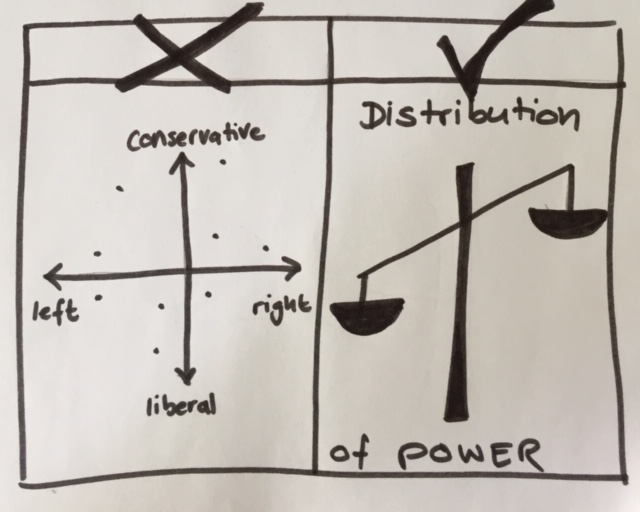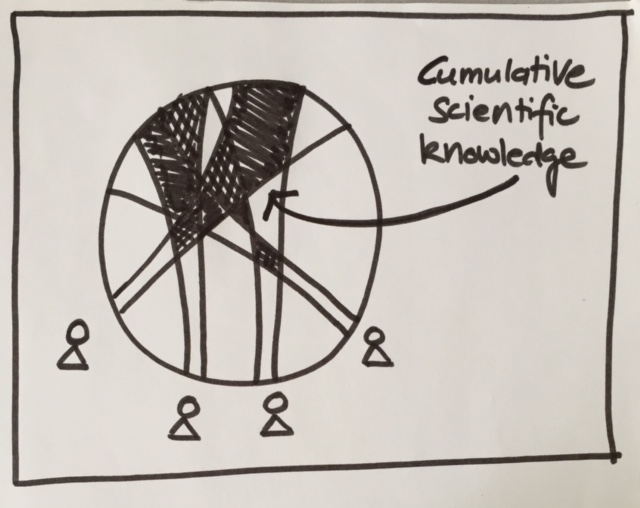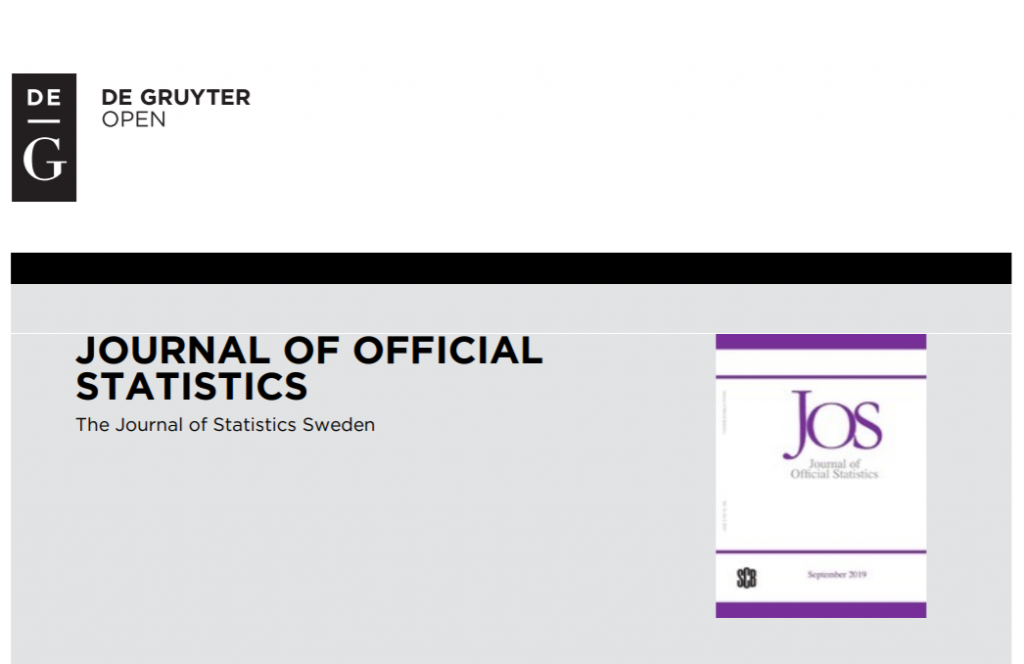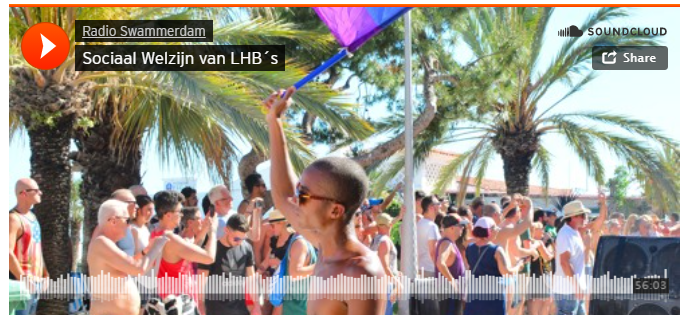I spoke to Marcos Cabello at the Academic Times about my recent study, where I find that “people in same-sex relationships have larger social circles, but fewer of those connections are family.”
Find my interview and the full article here.
Prof. Dr. Mirjam Fischer
Sociologist
Author: mfischer
I was interviewed for the podcast M94.5 TO GO about the health disaprities faced by LGBTQI* people in Germany [in German].
Read the full report here.
I was interviewed by Ulf Zinne in the episode “Nein zu Diskriminierung” about a recent report on discrimnation of LGBTQI* people on the labor market. Inteview in German. Report available in English and German.
Episode summary:
Eigentlich ist es kaum zu glauben: Über 1,3 Millionen LGBTQ+ Menschen sind mit Diskriminierung konfrontiert. In dieser Episode spreche ich mit Dr. Mirjam Fischer (DIW, Berlin) sowie Ingo Bertram (Otto group) und Dr. Bea Wegener (Growport, Hamburg) über die aktuelle Datenlage sowie Lösungsansätze.
Release date Oct 19, 2020.
It has become quite common to view research into social inequality as something that liberal leftwing academics do. This does not apply to all types of inequality equally. In fact, the calls accusing the researcher of subjective leftwing viewpoints – which supposedly stand in opposition to something like ‘objective’ science – become particularly pronounced in the fields of gender, sexuality and race.
Let me get straight to the point.
This accusation that the Sociological researcher is by definition leftwing is rooted in this fundamental misunderstanding of what political means in Sociology.
Studying inequality, describing it, searching for its origins and measuring its consequences cannot be placed on the political party spectrum of left or right, conservative or liberal (political).
Rather, Sociology studies the distribution of power in societies, which has to do with the capacity of one social group influencing the behavior of another social group (political).
Claiming that Sociological research can be reduced to leftwing ideology is a gross attack on the Sociological craft and discredits entire scientific fields.

Fig 1. Artistic gem, hand drawn, illustrating the difference between political and political.
Does that mean I think Sociological research is neutral and objective?
OF COURSE NOT.
Every person is bound by their own subjective viewpoint and their capacity to imagine things, also the researcher. The position we hold in society heavily informs the type of questions we ask, where we turn our attention to and how we interpret what we see.
Luckily, scientific knowledge is cumulative and can never be influenced by a few lefties or righties here and there. It can, however, be influenced if members of a certain social group make up a disproportionate part of all Sociologists (like say, old White men). Whatever their viewpoints can grasp will collectively and disproportionately be perceived as scientific “truth”.
Oh! Wait. Is this… a political question? Well, yes it is! Political as in political,
of course, not political.


I am excited to see one of my favorite projects I have been working on with my co-editors Stephanie Steinmetz and Nancy Bates released before the holidays!
[open access]
“The Journal of Official Statistics is pleased to announce the publication of a Special Issue devoted to the measurement of sexual and gender minorities. The eight articles contained in the issue touch upon sampling and identification of lesbian, gay, bisexual, and transgender populations as well as the measurement and methods used to collect data on sexual orientation and gender identity.”
Find the full issue here:
https://www.degruyter.com/view/j/jos.2019.35.issue-4/issue-files/jos.2019.35.issue-4.xml
Talking about my dissertation research, objectivity in science and the beauty of The Scientific Process with Thomas Batelaan, aired March 3, 2019.

Find my research featured in the Dutch newspaper NRC:
“Vrouwen hebben het liefst een gay best friend en wie lesbisch, homo- of biseksueel (lhb) is, heeft vaak een slechte band met familie. Klopt dat? Grotendeels, blijkt uit een onderzoek van sociologe Mirjam Fischer naar de sociale kring van lhb’s, waar zij vrijdag aan de Universiteit van Amsterdam op promoveert.”
Find my work featured in the newspaper of the University of Amsterdam:
“Hoe groter de tolerantie, des te meer welzijn homo’s ervaren”
“Komen mensen in Europa in een relatie met iemand van hetzelfde geslacht dezelfde structurele barrières tegen als mensen in een heteroseksuele relatie? Die vraag staat centraal in het promotieonderzoek van socioloog Mirjam Fischer. ‘In België en Noorwegen ervaren homo’s meer welzijn dan hetero’s.”
Free to Live their Lives as they Wish?
The Social Well-Being Gap between Persons in Same-Sex and Mixed-Sex Relationships in Europe
This dissertation is a survey-based comparative study into the social well-being of persons in same-sex and mixed-sex relationships. I conducted four empirical studies: two country comparisons within Europe and two within the Netherlands. My findings show that there is a gap in well-being among sexual minorities relative to heterosexuals, not only in the well-documented pathological sense but also in a social sense. In some cases, I established a direct link with the attitudes held in society and the presence of laws that are supportive of sexual minorities. In other cases, persisting structural differences between persons in same-sex and mixed-sex relationships emerged that need further investigation. The use of survey data to study sexual minorities and heterosexuals jointly is notoriously challenging. A substantial part of the dissertation is therefore dedicated to the evaluation of potential threats to data quality, possible solutions and recommendations for best practices.
Download a digital version here.
ISBN 9789492679727
© 2024 Prof. Dr. Mirjam Fischer
Theme by Anders Noren — Up ↑
